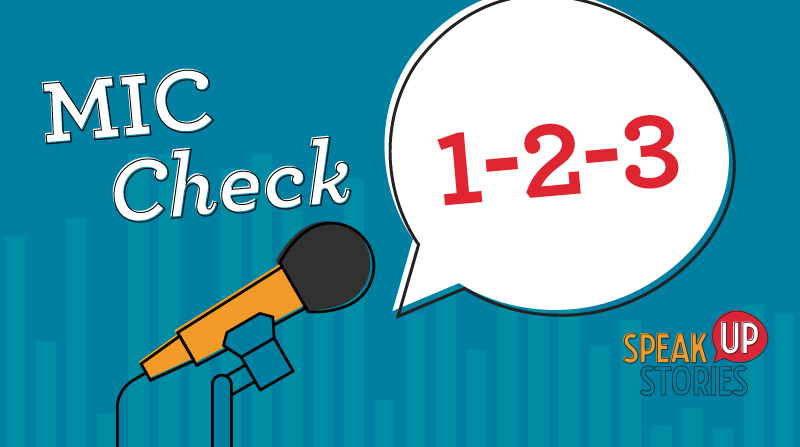 THEN THERE WAS THE TIME I GOT INTO A TWITTER SPAT…
THEN THERE WAS THE TIME I GOT INTO A TWITTER SPAT…
🐦 For the record, I don’t love Twitter. And no, I will not call it X.
While I have an active account, it is not my favorite social media platform. I often find it to be a place where people vent out their feelings or ideas without validation.
🥊 My distaste for the platform grew when I got into my first and, hopefully, only Twitter spat.
An account I follow that supports public speakers said something to this effect:
“Public speakers should NEVER claim they are nervous in front of an audience.”
I respectfully disagreed.
🎙 I align with the idea that a speaker should not use their nerves as an excuse for poor performance, to justify their lack of preparation, or to get pity from the audience. That’s not being authentic; it is being manipulative. It is also putting the focus of attention on YOU as a speaker rather than on the audience.
📣 HOWEVER…
It is authentic and appropriate to tell the audience that being in front of them creates feelings in you – maybe nervous, maybe excited, perhaps both simultaneously!
💡 Because here’s the thing: nerves mean this matters.
It means that your message matters.
It means your audience matters.
It means there is something at stake.
👥 And that’s what we want as audience members.
We don’t want to sit and hear a simple transfer of information – because…if it is just a transfer of information, it should be an email!
Audiences, small and large, team meetings or conference events, want to hear something that helps them improve. They want an experience.
If appropriate, sharing with them that they matter to YOU as a speaker creates authenticity, vulnerability, and TRUST.
🐦 I will spare you the details of the Twitter thread (if you are genuinely interested, you can stalk the archives of my Twitter).
Still, it ended with me challenging the account to have an open dialogue over Zoom to benefit our audiences.
I never heard back.
🎭 Sometimes, we tend to make bold and sweeping claims about public
speaking
that, while beneficial, ignore the speaker’s personality, the context of the message, and the audience.
❓ Should you always admit to being nervous?
Maybe
❓Would it ruin your credibility?
Not if you are prepared and authentic.
❓Can you manage your nerves and transform them into fuel for your impact?
😉 I hope you know me well enough to know the answer to that one.
Until next week, keep getting yourself off mute and speaking up your story.
KEEP SPEAKING UP YOUR STORY,

ENCORE: MORE TO EXPLORE

A SPEAKER’S INTEGRITY AS THE FOUNDATION FOR CONFIDENCE
Speakers must care about their off-stage presence as much as their on-stage performance. In this video, I address three key elements of a speaker’s off-stage presence. Click on the button below to learn more!


